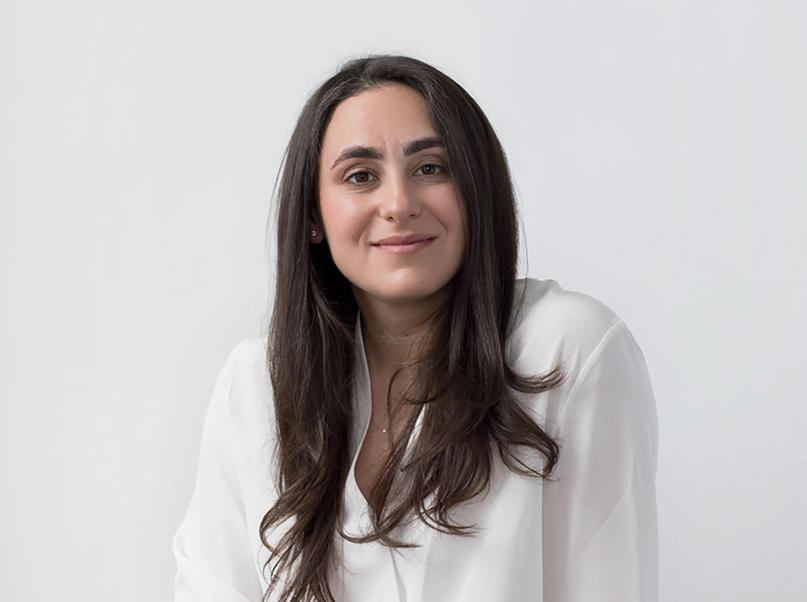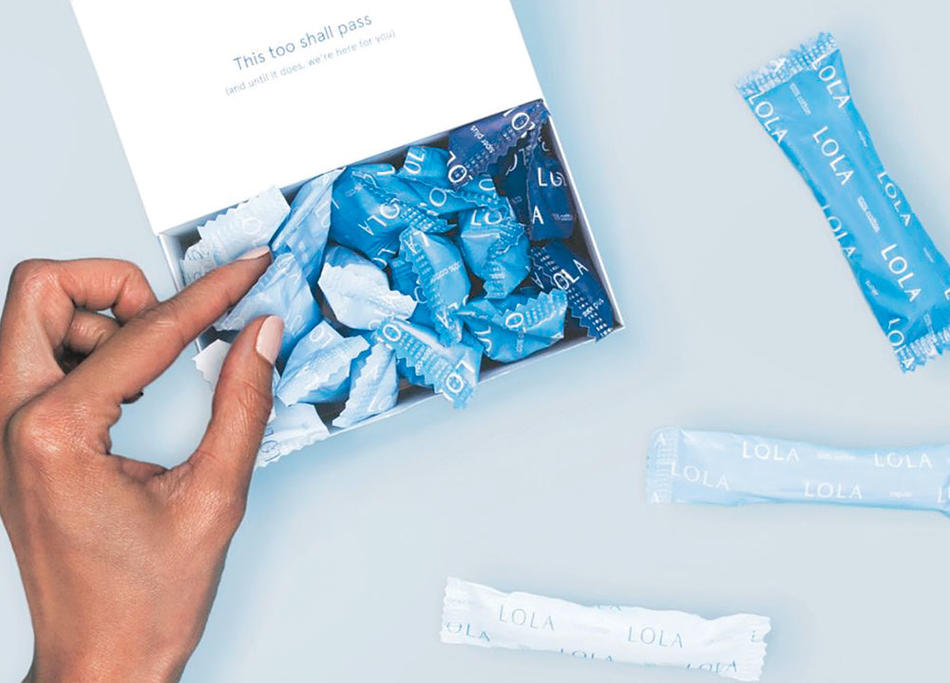When Jordana Kier ’14BUS first decided to launch Lola, a line of organic feminine-care products, she didn’t know much about what went into making a tampon. And, she realized, neither did anyone else. The FDA does not require manufacturers of tampons to disclose product ingredients, which means, she says, that “many women are putting synthetic fabrics, dyes, and fragrances into their bodies every month without even knowing it.
“There was basically no transparency around an incredibly intimate product. I knew that we could do better. And when I did start to give it some thought, it felt like the entire business model was antiquated.”
Kier, a classically trained pianist and undergraduate music major, never imagined that she would end up working in women’s health. She spent her post-college years in arts administration and began her MBA with the assumption that she would return to that field. But while at Columbia Business School, Kier became interested in entrepreneurship and started thinking about areas where she, as a consumer, was dissatisfied. Feminine-hygiene products were at the top of her list.
Kier teamed up with a friend, Alexandra Friedman, and together they started Lola, which offers three distinct solutions to problems Kier identified in the feminine-care industry. First, Lola tampons, pads, and liners are all made from organic cotton, with no synthetic additives. Second, Lola works on a subscription model, which allows people to customize their orders by product, number, and frequency according to their specific needs. As Kier says, “Everyone’s period is different, and when you’re buying a generic box from the drugstore, you’re not necessarily getting what works best for you.” And, third, Lola helps destigmatize the issue of menstruation and gets women talking about their own experiences by holding community events and educational forums.
“When we started the company, in 2014, we discovered how much misinformation there was out there,” Kier says. “We were often pitching to groups of men who didn’t even understand why tampons came in different sizes. The conversation is not where we want it to be yet, but we’re making strides.”
Despite some uncomfortable pitches, Lola raised over $35 million in funding, and the company recently expanded its line of products to include Cramp Care — an essential-oil blend and daily multivitamin designed to reduce period pain — and a first-period kit. Lola also offers a line of sexual-wellness products, such as condoms, lubricant, and cleansing wipes. “We really want to be with our customers from their first period through their first hot flash,” says Kier.
Kier says that when she started Lola, she became attuned to the fact that millions of American women lack access to feminine-care products. “I was shocked to learn that you can’t use food stamps to buy these extremely necessary products,” she says. Lola donates a portion of its profits to a variety of women’s health charities and also works with the nonprofit organization I Support the Girls to supply Lola products to women in need.
In June, Lola also teamed up with the advocacy organization Period Equity to launch a national campaign to end sales tax on menstrual products, often called the tampon tax. “Half of the population has a period, yet thirty-three states still tax these products as luxury items,” Kier says. The campaign will include educational efforts to make people aware of the problem and, eventually, legal action against states that have not repealed the tax.
“The tampon tax is not just a financial issue; it’s discrimination,” Kier says. “We see Lola as part of a bigger fight about gender equity and about not marginalizing women’s health.”




